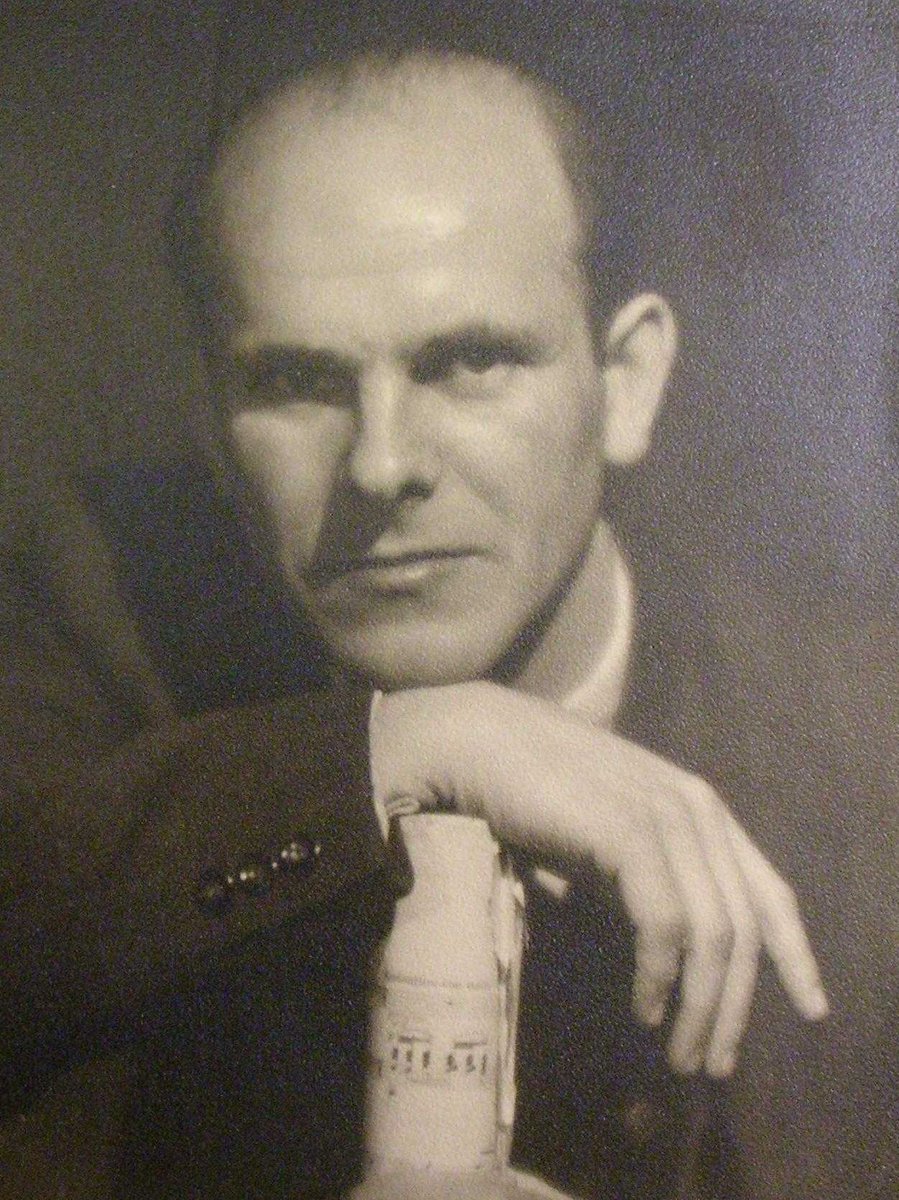What if Berlin doesn’t get its man?
mainIn my monthly Standpoint essay, I assess the likely outcome of the May 11 vote for the next conductor of the Berlin Philharmonic.
For the first time in the orchestra’s history, the choice is not clear-cut or binary. In the past, it was Furtwängler or Walter, Maazel or Abbado, Barenboim or Rattle. This time, there are several names in contention and a perplexing lack of consensus as to what the orchestra expects from its next leader. It is no longer enough just to be the best orchestra. There is a distinct possibility that Berlin could fail to achieve a result in May.

It is not inconceivable that, after the vote, the Berlin Philharmonic could go from one front-runner to the next and be rejected by both.
This orchestra cannot afford to elect second-best. It must pick a convincing figurehead or risk losing its seat at the top table where German culture is defined. There is nowhere to hide. The deadline is mid-May. Between now and then, the backroom conversation will intensify. At stake is the destiny of the best orchestra in the world, an orchestra that suddenly appears painfully unsure of itself. Intriguing? I should say.
Read the full article here.





The Berlin Philharmonic should consider Valery Gergiev as their next principal conductor. He can drop his contract with the Munich Philharmonic before it started and switch to Berliners instead. He is one of the finest conductors in the world, and a perfect match for this great orchestra. He will be the first Russian ever to lead the band. After all he has a great experience in leading the Rotterdam Philharmonic and LSO not to mention the Mariinsky. This will be a great era for the Berlin Philharmonic if they elect him
Surely you must be joking
If he’s joking, it’s a bad joke…
I’d love to see that from a purely non-musical standpoint. While Gergiev seems to have weathered the sometimes cantankerous LSO, I believe the – in Sir Simon’s words “stroppy” – Berlin Phil would rock his world.
It seems a bit unlikely that the BPO would invite a Russian who is a good friend of Putin, to represent German musical identity, and so close to the Bundeskanzleramt and the Reichstag.
If the majority of the Berlin Phil musicians wanted Gergiev, then it would be Gergiev. If they wanted Mickey Mouse, it would be Mickey mouse. German government and parliament have no business and no vote in this.
At this point, Mickey Mouse has a much better chance.
Poland might have concerns about such a development.
The choice in 1989 was not only between Abbado and Maazel. “Jimmie gets what Jimmie wants”, was what Levine’s PR machine and powerful CAMI agents put about prior to that vote. Well, as we all know, Jimmie didn’t get what Jimmie wanted, but he still tried damn hard.
Norman is right to warn against choosing a second-rate driver for such a purringly powerful limousine. Why he includes Nelsons in the reckoning, however, baffles me. His recent Bruckner 3 and Mahler 5 in London were musically incoherent and the reviews he elicits from the Berlin critics are often dismissive. No, take it from me, the Berliners will not be voting for Nelsons.
Forget about the youngsters. They will choose an expierienced Maestro for the German classic and romantic repertoire! Wait another 5 years for the next generation.
Forget about the “oldsters” please
From the article:
“No maestro ever turns down the Berlin Philharmonic. ”
I’m trying to remember, but didn’t Carlos Kleiber turn down the job in 1989 when the orchestra approached him about it? (I assume that it was more in hope than anything else) Or was that just a case of putting out feelers before the actual vote was conducted?
As far as the future is concerned, the orchestra would probably be wise to try and get Mariss Jansons for two or three years (if he has indeed indicated that he is open to it as the article suggests) as a leadership bridge before making a long term commitment. He’s stepping down from the Concertgebouw and probably won’t stay long with the Bavarian Radio either. Hopefully his health would hold up. After that, do they want to choose someone in more of the Karajan tradition like Christian Thielemann, the razzle dazzle of Gustavo Dudamel with his DG contract (I don’t believe for a moment that Berlin isn’t what he and his managers want, despite his sweetheart deal in Los Angeles), or someone like Riccardo Chailly if they can pry him away from Leipzig in 2020 or 2021?
“I’m trying to remember, but didn’t Carlos Kleiber turn down the job in 1989…”
You remember correctly Papageno. According to a Berlin Phil documentary about Carlos Kleiber, he was their “Wunschkandidat” (their dream candidate) but several members said that as was to be expected, he turned down the offer.
Thanks, Max. I thought he’d passed on the job, but wasn’t sure if my memory of reading that somewhere was correct.
Kleiber would’ve been very interesting. But alas, not to be…
A slight correction…. the BPO is not ‘the best orchestra in the world’. It belongs to the top 6 or 8 of the world, a group including the Vienna Phil, the Chicago Symphony, the Concertgebouw Orchestra, and a couple of others about which one can debate. Generally, orchestras have become very good….. in spite of the subsidy cuts in Europe and sponsor withdrawel symptoms in the USA.
“The best in the world”? What nonsense. Vienna and Amsterdam, for example, have orchestras that are equally good.
Vienna yes, Amsterdam no.
Berlin is full of politics, with players full of themselves.
Meanwhile, Boston players worship their new music director, while the MET has almost limitless money to burn.
(don’t forget Boston has the largest budget of all American symphony orchestras)
I disagree somewhat with the worship of Berliners in this article. Ok, even if this is true, so what? If the musicians do not play ball with the conductor, what’s the point? The Abbado and Rattle era clearly show what would happen if the players think they are bigger than the conductor.
Nelsons would be foolish to pick Berlin, from artistic resource’s and freedom’s perspective.
Berlin would be foolish to pick Nelsons.
I couldn’t agree more: his Bruckner 3 and Mahler 5 earlier this month in London were musically incoherent. The Berlin critics have been at times quite dismissive about his performances too, despite his PR machine operating at full throttle. But have no fear: Berlin will certainly not be giving him the “come hither” look in just over two months from now.
Not to be picky, but the BPO was founded in 1882 and Arthur Nikisch died in 1922.
The succession in 1989 was not only between Abbado and Maazel. “Jimmie gets what Jimmie wants” was what Levine’s PR machine and his CAMI agents were pushing at every given opportunity. And he himself tried damn hard to push the door open in Berlin.
I’m surprised that Norman includes Nelsons in the reckoning. He’s quite right to suggest that Berlin doesn’t want a second-rate driver for that powerful limousine. Unfortunately, despite all the efforts of his own PR machine to the contrary, Nelsons is not all he’s cracked up to be: his recent Bruckner 3 and Mahler 5 in London were musically incoherent, and the Berlin critics have been at times quite dismissive about his appearances there. Take it from me, he won’t be receiving the “come hither” call from Berlin in May.
Barenboim seems to enjoy holding the fort until a permanent director is named. A very worthy stop-gap though the Chicago orchestra went into the red during his reign.
Bychkov.
Correct.
If a temporary conductor has to be chosen, then it will be Mariss Jansons. He said earlier this month in an interview that he’s feeling very well lately and that if he had to choose now he would keep both Concertgebouw and Bavarians.
Bychkov would Be very good.
I agree. He’s good in contemporary music as well.
Bychkov is terribly underrated and a very fine conductor. His recordings with Berlin in the eighties on Philips Classics (Shostakovich 5 and Tchaikovsky’s Nutcracker) are terrific. I also thought he’d have a great chance at being Chief Conductor of the Concertgebouw before they announced Gatti, but I sadly doubt that Berlin will consider him if they can get someone like Jansons in the short term or Thielemann for the long.
Nevertheless, Maestro Bychkov is going to conduct Alpine Symphony with the L.A. Philharmonic this coming fall and I’m really looking forward to the performance (especially after seeing the clip of him conducting it with Berlin).
I suspect this is one of those cases where those who know don’t talk, and those who talk don’t know. I’ll admit I don’t know.
First, I still have to take issue with Mr. Lebrecht’s insinuation that the Rattle era has been any kind of disappointment. Maybe he has first-hand accounts of disgruntled players, but Sir Simon will have stayed 16 years, though several contract extensions, which suggests both parties were happy enough to continue. And if you watch the Digital Concert Hall with any regularity, it’s clear the BPO plays magnificently and does really interesting work. Really, a model for any orchestra.
I still wonder about Abbado somehow having been disappointed (and correction: He left the BPO in 2002; maybe he announced he would leave in 1998 but that’s not a resignation). Anyway, the BPO played beautifully for him, too.
I’ll admit he’s not the best interpreter of anything, except maybe of Magnus Lindburg, but Alan Gilbert would be an interesting choice; certainly the most likely person to carry on Sir Simon’s “orchestra of the 21st century” approach. A leader, anyway. And he is conveniently contractually available. And I wonder if they’re really so keen for a maestro who is infallible in the core German repertoire; this is a relatively young, hip group now, with about 50 foreigners among its 128 players from other countries. They’re not the stodgy “Berlin Professors” of the Karajan years.
But they have to cultivate their profile and it would be nonsensical to become just another good international orchestra. To keep their funding, they have to be ‘Berlin’.
” I’ll admit he’s not the best interpreter of anything except M.Lindberg”
Rattle’s recording of Petrushka was awarded first place in Radio3s estimable Building a Library a few months ago. Close runner up was Abbado. I think the reviewer was Misha Donat.
Here is an article from the Berliner Zeitung from March 1998, discussing some of the reasons for Claudio Abbado’s decision, not to renew his contract.
The article is in German:
http://www.berliner-zeitung.de/archiv/claudio-abbado-will-die-berliner-philharmoniker-verlassen–gut–dass-er-es-so-frueh-gesagt-hat–das-orchester-hat-einiges-zu-diskutieren–anmerkungen-nach-einem-gespraech-mit-dem-dirigenten-das-orchester-des-lebens,10810590,9404328.html
Quite. If only those wrote who knew whereof they spoke, social media would collapse, taking this site with it. It wants thinking of.
Young and hip the group may be, with at least twenty-five nationalities among them.
Yet a definate austere conservatism is evident and they certainly want to shine in the best music, that is, the core German rep. It is just possible that they are a good deal more
traditional in their tastes than one might imagine.
I would think so. If it were played in a London concert hall ,it would be incoherent!
Last time the orchestra had an intrim was Celibidache…